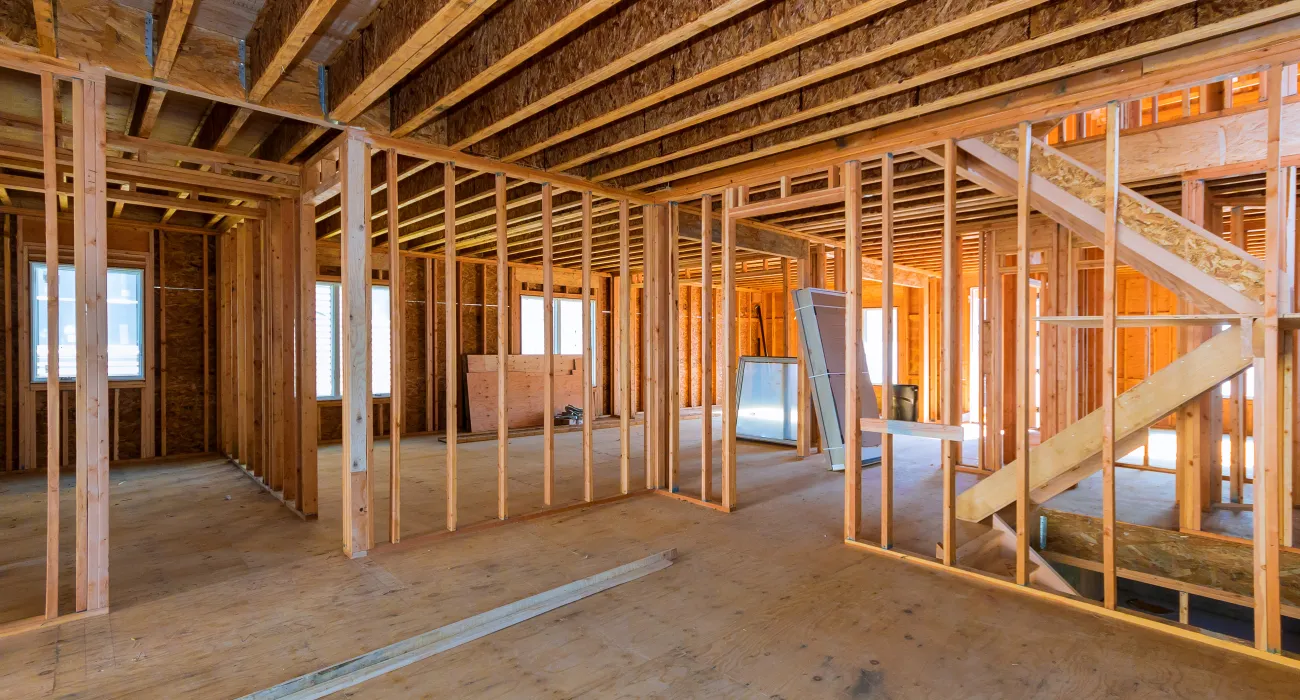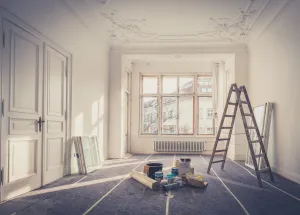What Are the Most Common Mistakes During Home Renovations That Cost Money?
Home renovation is an excellent opportunity to improve your property's looks and boost its value. Nevertheless, it comes with its share of responsibilities. And if you fail to take care of those responsibilities, they might come back to haunt you faster than you think.
Whether you are an experienced homeowner or a real estate beginner, you need to be aware of the dangers of home renovation. These can range from setting an unrealistic budget and focusing too much on current trends to buying furniture too early, using cheap materials, or neglecting curb appeal.
If you would like to navigate your renovation smoothly, you came to the right place. Below, we list the most common mistakes people make during a home renovation. Read on to learn what mistakes you need to avoid.
Setting A Budget That Is Too Low
Setting a budget is the most important part of any home renovation process. And if you fail to set a realistic one, you might end up with a total renovation disaster. However, many people make the mistake of setting it too low.
You can set a realistic budget and have your project completed on time or even under budget, but it doesn't necessarily mean that you'll be happy with the results. You shouldn't be afraid to include some extras in your budget. This way, you won't be considering doing another renovation project mere months after you complete this one. If you don't know where to get the money from, and your credit score is decent, you might consider taking out a personal loan. If you aren't sure whether it's a viable option for you, you can read more about credit score here.
Choosing Cheap Materials
Cheap materials are another common mistake people make during home renovations. When renovating your home, you have to be aware of the quality of the materials you use and their costs. For example, if you choose cheap materials for your kitchen countertops and cabinets, you will end up paying more in the long run because they won't last long.
When choosing materials for your renovation, try to stick to the basics: solid wood, granite or quartz countertops, stainless steel and ceramic tiles, solid wood cabinets, solid-core doors, and so forth. Such items might be more expensive than less durable ones, but they will provide better value over time.
Focusing Too Much On Current Trends
One of the worst mistakes that homeowners make is focusing too much on current trends. Over time, some trends become outdated and useless. When renovating your home, don't try to follow every new trend that comes along. Instead, focus on more timeless choices like high ceilings, walk-in closets, hardwood floors, large windows, etc. They will provide more value to your home than trendy but impractical add-ons like bamboo floors or painted ceilings.
Buying Furniture Too Early
If you leave furniture shopping until the very end of your renovation process, you will have trouble finding something that matches all the walls and fixtures in your house. This will mean that you will need to wait longer for your new addition and spend more money in the meantime. Some people even compromise their renovation's looks in order to match their furniture with the walls and fixtures in their home.
Instead of postponing furniture shopping until the end of your renovation, plan it before you start renovating. Start by choosing a design for your renovated space, then select furniture colors and designs that complement it the most. As soon as possible, look for furniture shops within a reasonable distance from your home and visit them once every couple of weeks; if necessary, take measurements for doors and hallways at each visit. Once you have found exactly what you want, place an order for it and wait until it arrives to start the renovation process.
Neglecting Curb Appeal
Last but not least, people often neglect curb appeal when renovating their homes. No matter how convenient or comfortable your home is, its curb appeal determines how much buyers are willing to pay for it. If you are planning on selling your property in the near future, it is important that you pay attention to this factor during your renovation process. No need to make radical changes; simply adding some plants or painting the front door can be enough to attract buyers' attention and boost your property's value.
Final Words: Is Indoor Renovations Worth The Money?
As we said above, indoor renovations can help increase your property's value and overall quality. However, before starting any interior renovation project, make sure you consider all of its pros and cons carefully. In case you decide to go through with it, remember to focus on value rather than cost.
Choose quality materials over cheap ones and ask yourself whether you really need them or not. Set a realistic budget and stick to it as much as possible; if needed, include some extra features in this budget that will provide better value for your money in the long run (such as upgrading to newer appliances).
Last but not least, choose furniture colors and styles that complement your newly renovated space and ensure that the front yard of your property attracts buyers' attention as much as possible.





